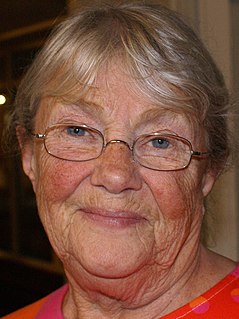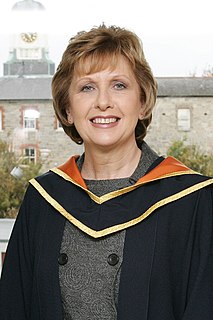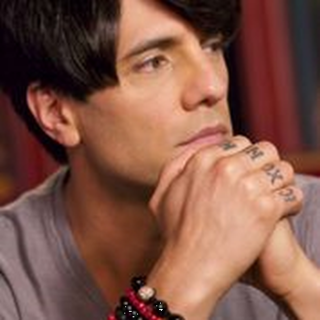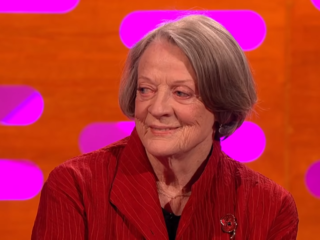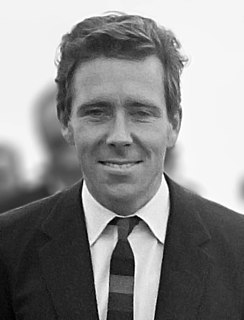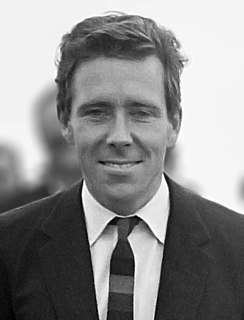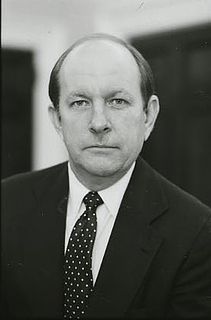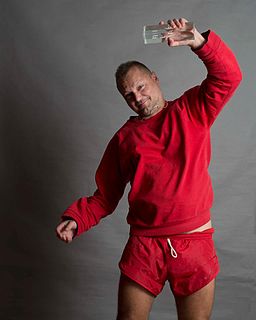A Quote by Helen Mirren
I'm under the impression that this notion of decency is disappearing from our society where conflicts are made worse on cinema and on television, where people are nasty and cruel on the Internet and where, in general, everybody seems to be very angry.
Related Quotes
I find that the only way to make my characters really interesting to children is to exaggerate all their good or bad qualities, and so if a person is nasty or bad or cruel, you make them very nasty, very bad, very cruel. If they are ugly, you make them extremely ugly. That, I think, is fun and makes an impact.
It seems to me that dominant cinema seems to require an empathy or a sympathy between the film and the audience which is basically to do with the manipulation of the emotions and it seems to me again -- and this is a very subjective position -- that most cinema seems to trivialise the emotions, sentimentalising or romanticising them.
We are angry about paying the highest income taxes and property taxes in the nation and getting less and less for it. We are angry about our incompetent, dysfunctional government that pays no attention to the desires of the people. We are angry about the cesspool of corruption and conflicts of interests and self-dealing that is Albany.
The days of television as we knew it growing up are over. You have a bigger, wider world audience on the Internet, larger than any American television series. People don't watch television in the same context as before. Nowadays they watch their television on the Internet at their convenience. That's the whole wave, and it's now - not the future.
The deadly weapon against totalitarian society is openness - doing everything very openly on the Internet, letting people know every detail, any little development. Once it is out there, everybody can make their own judgement. [Therefore] holding a trial outside the court. I think that is fairness, that is justice, that is a civil society. Otherwise call it an evil society because everything is hidden.
What solidarity we do find exists despite the society, against all its realities, as an unending struggle between the innate decency of man and the innate indecency of the society. Can we imagine how men would behave if this decency could find full release, if society earned the respect, even the love of the individual?
I think it's very dangerous for a free society to have all the information distilled and packaged by our government and given to us. Do we know to this day who we killed in Iraq? I don't think so. If bringing war into the living room means that we as a people will say we don't want to do it that way anymore we want to figure out other ways to solve these conflicts, then I would say that photography and television have done us a great service.

